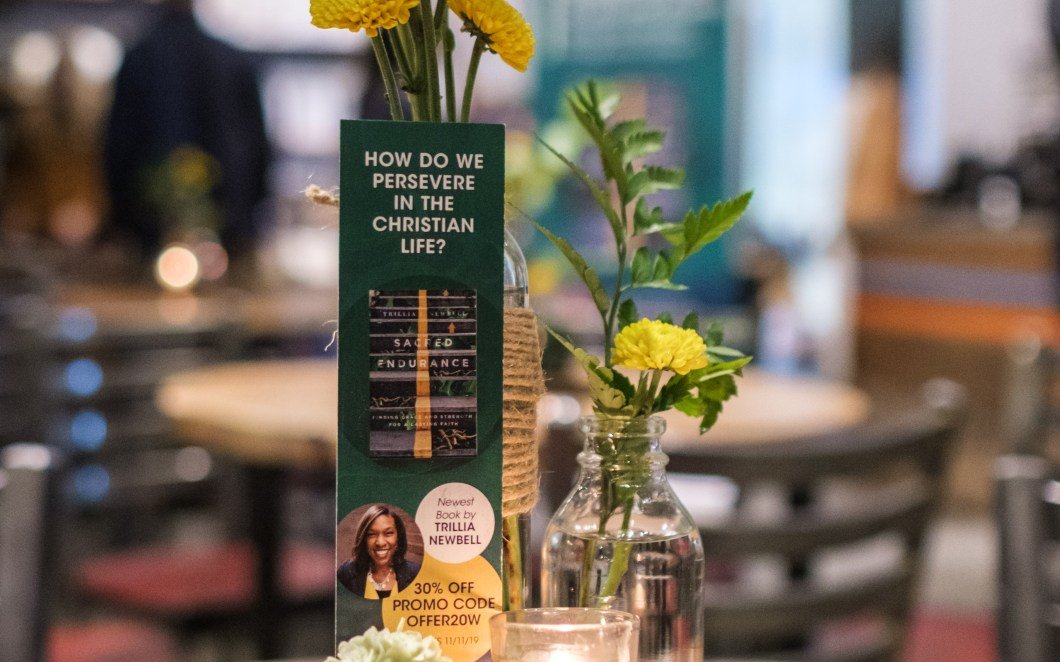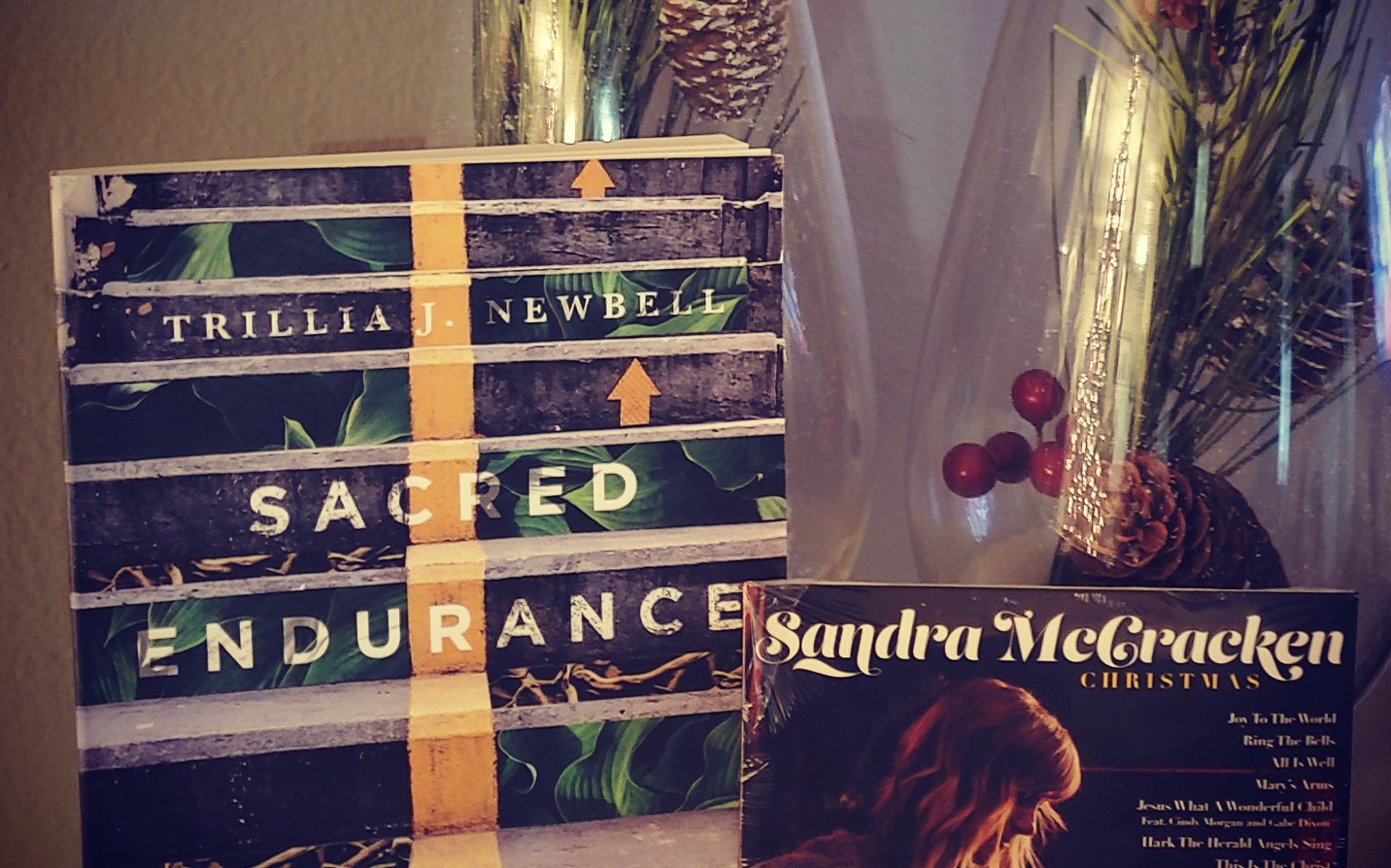Longing for the Resurrection: A “Taylored” Endurance
(I’ve invited friends to share their own stories of endurance or the stories of others. My prayer is that you would be inspired and encouraged as you read each guest post. Learn more about my new book: Sacred Endurance.)
By Lemanual Williams
I’m eager for the resurrection. And I’m especially eager when I think of the people I’ll meet.
The diversity of the church, including those alive and dead, often causes me to sit pondering and astonished. We have many cultures that exist in our lifetime. But imagine the diversity of cultures stretching back from our time to Job’s (the Old Testament figure). While we’ll have Christ as the unifying person in our resurrection, how will a person like me—an African American living in the twenty-first century—relate to someone from a time and culture such as ancient Rome? Or how will the conversation between William Wilberforce and the apostle Peter look?
The resurrection will be a time of uniting with a family that is present, but also a family that has gone before us—and there are those I can’t wait to chat with during that time. I will definitely have to share a cup of tea with C. S. Lewis and talk philosophy with Philo. And one of the meals I look most forward to (hopefully I can plan it) is with Gardner Calvin Taylor.
I desire to share in the lineage of preachers, from John Chrysostom to the unknown country preacher. However, the preachers I most revere paint an unattractive portrait of the office. Gardner Taylor is one of them. The picture he paints of the office lacks prominence but possesses patience. The picture he paints of the office isn’t compelling, but it demands a joyful acceptance. I desire to share in this office and lineage, but to share in the suffering of the office had not been a primary thought in my mind until I met Gardner Taylor through his sermons and lectures.
Gardner Taylor knew well the pain and agony of living in a fallen world with faith for a world to come. Born in 1918 in Baton Rouge, Louisiana, Taylor was raised by parents who had made it through the “dark night of slavery”—so he had a close understanding of the institution. In their freedom they did not gain a life of ease and success. Instead, they gained a freedom that was dreadful and filled with grief. Taylor’s father, Monroe Taylor, would mention in one of his sermons that the farm animals at Louisiana State University had better living conditions than they did. At the age of twelve, in the midst of those living conditions, Taylor would lose his father. And this was only the beginning of his sorrows and pain.
After an upbringing filled with hardship, Taylor’s adult life continued in pain. He followed in the footsteps of his father, becoming a minister at Concord Baptist Church in Brooklyn, New York. Concord Baptist was one of Brooklyn’s oldest and largest African American congregations, housed in a historic building. During his pastorate Taylor suffered through seeing that building burned to the ground. As a leader in the civil rights movement, fighting against the educational disparities in New York City’s public-school system, he was jailed many times. He also suffered when his first wife of fifty-four years was fatally hit by a bus. I can’t imagine losing my wife so tragically after so many close years together.
These are only a few of the sorrows Taylor endured in his lifetime. And throughout them all, he preached. He preached weak. Taylor preached what he knew—suffering and endurance. He proclaimed boisterously what he intimately knew: “I know what it is to have great sorrow. I know what it is to drench your pillow with your own tears. I even know what it is to hope almost against hope that you don’t wake up the next morning. Life can be very difficult. But press on!”
Taylor knew the Jesus who had become weak, hurt, and wounded and had gained all authority and power on a path of suffering. Taylor would “press on” following that path. Week after week he entered the pulpit weak and hurt. He preached wounded. He preached weak. But he preached with uncontested power.
America witnessed its most powerful preacher in the twentieth and twenty-first century in Gardner Taylor. That’s the portrait of the preacher that Taylor was; it is the portrait every aspiring preacher should gaze upon and consider its worth. The portrait is beautiful, but the path is brutal.
It takes something sacred and compelling to enter and continue in that office. What could it be? I believe it is a faith that says this: “that I may know [Jesus] and the power of his resurrection, and may share his sufferings, becoming like him in his death, that by any means possible I may attain the resurrection from the dead. . . . forgetting what lies behind and straining forward to what lies ahead, I press on toward the goal” (Philippians 3:10‒14).
I began with the subject of the resurrection—a seemingly random rambling, but it’s very relevant. Taylor was a preacher whose faith pressed him toward the goal of the resurrection. However, his desire was not merely to rise again, but to rise and meet someone—Jesus. Faith, to that end, is what kept Taylor walking into the pulpit week after week, looking and feeling like a “sheep to be slaughtered,” but allowing the gospel to roar in the pulpit with the resurrection power of the Lion. It was that faith that caused him to endure until the end and finish well, as one of the greatest preachers the world has known. It is that faith and legacy of preachers I desire to share in.
Thank you, Gardner Taylor. You’re a splendid example of sacred endurance. See you in the resurrection, my friend.
Lemanuel Williams is the Director of Discipleship at Redemption City Church in Franklin, Tennessee. He is a Hunt Scholar completing his Master of Divinity at Southeastern Baptist Theological Seminary.
***
Scripture quoted in this piece is from The Holy Bible, English Standard Version. ESV® Text Edition: 2016. Copyright © 2001 by Crossway Bibles, a publishing ministry of Good News Publishers.
RELATED CONTENT










